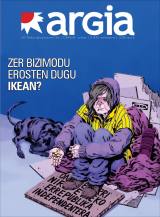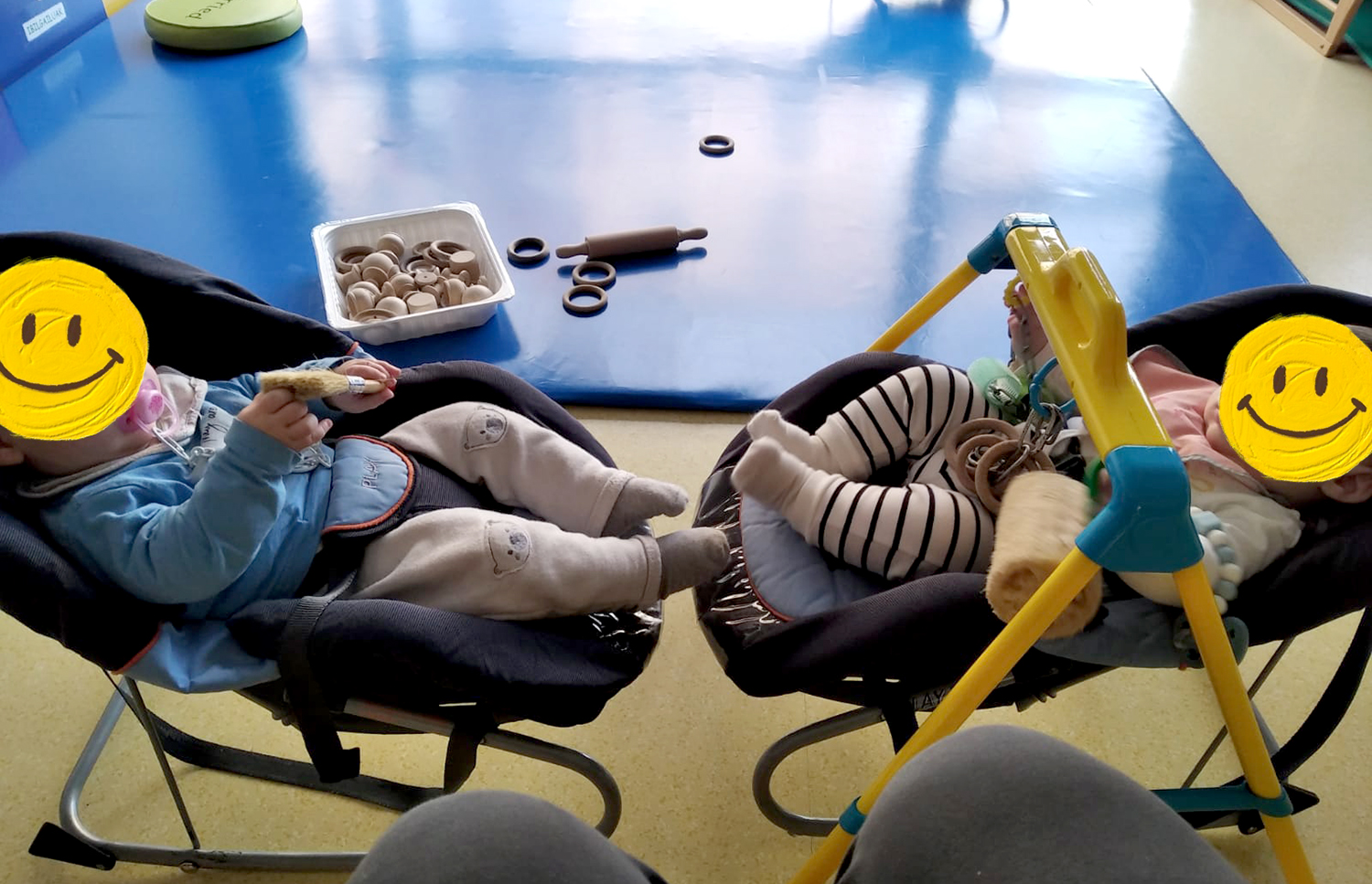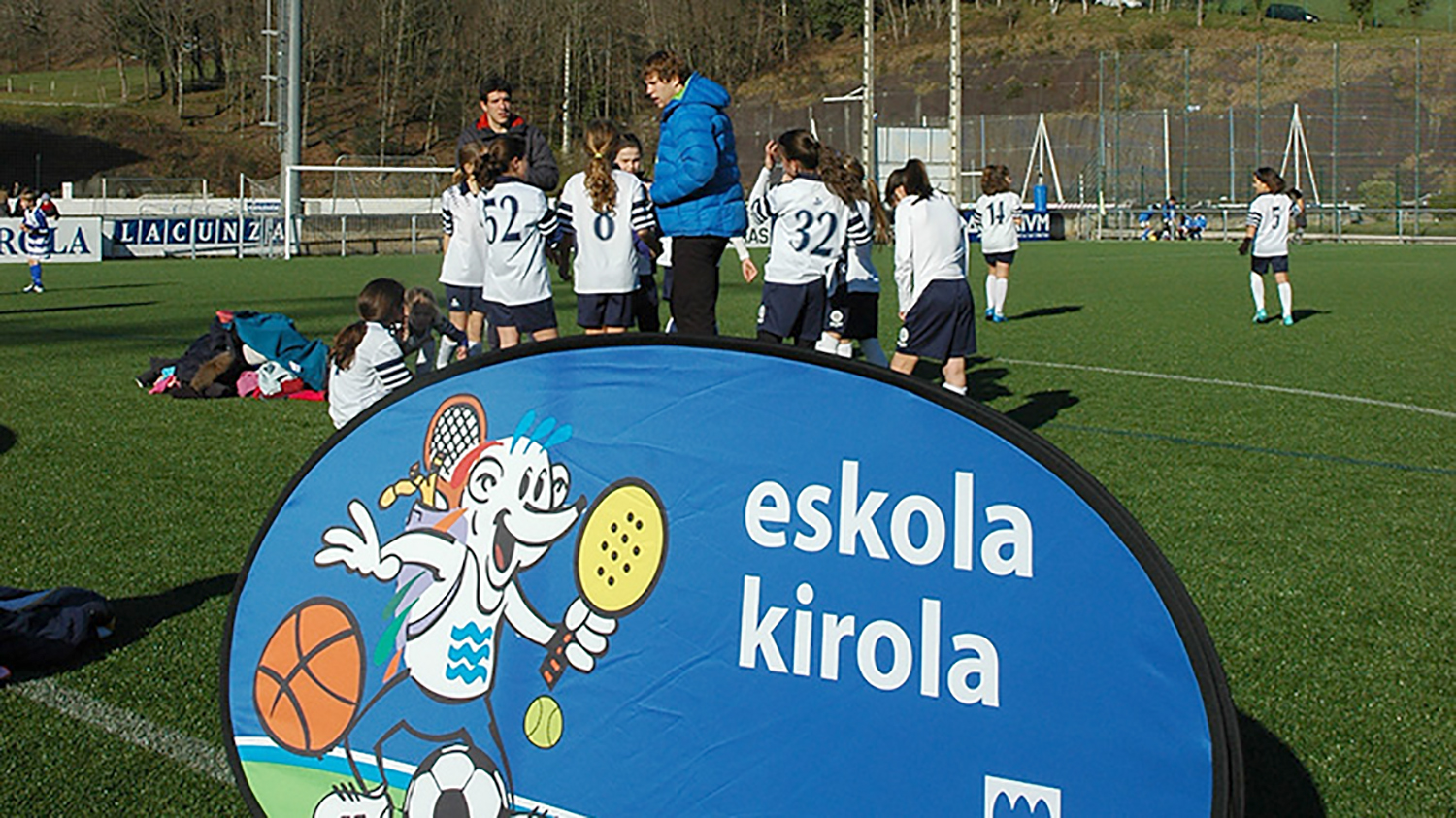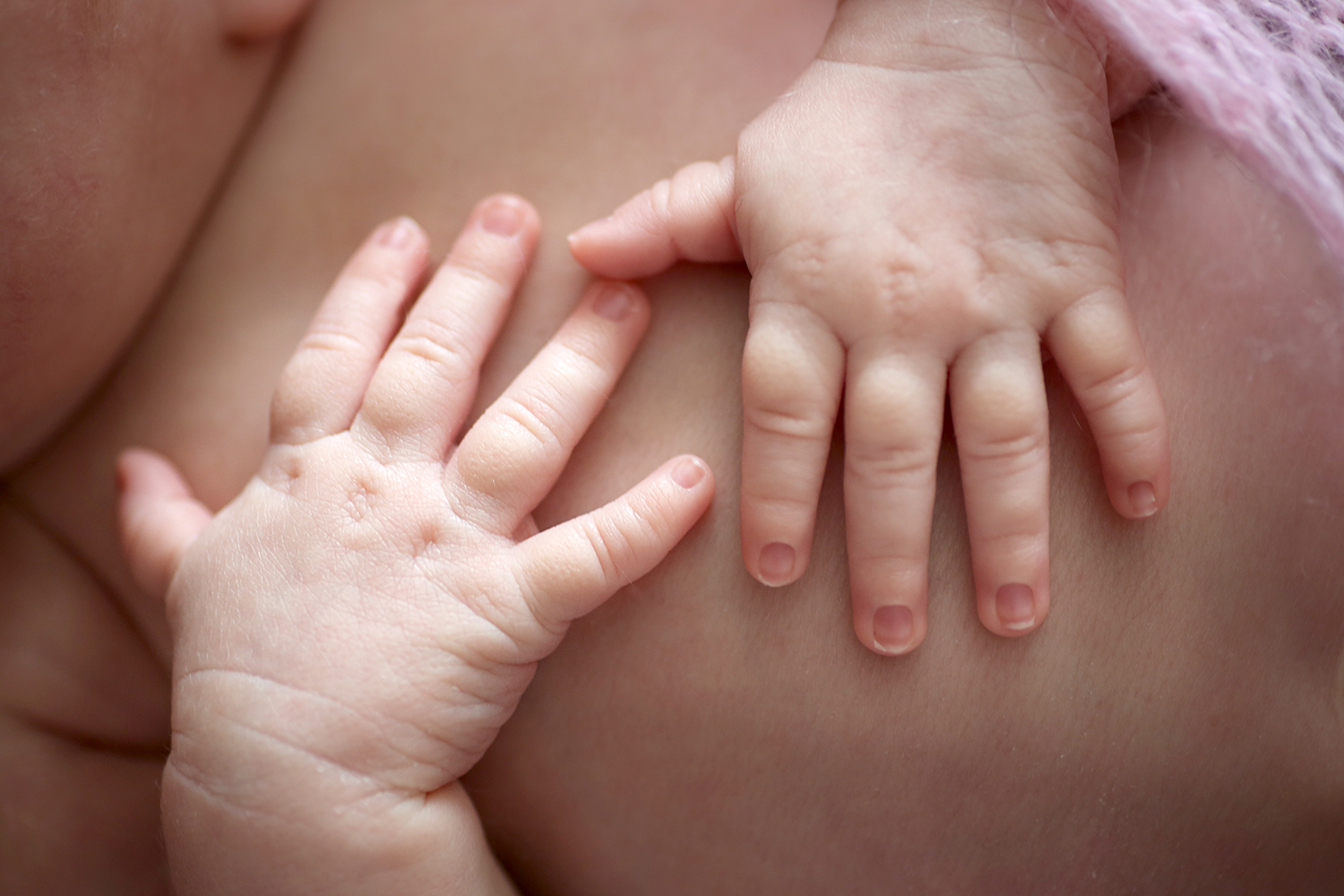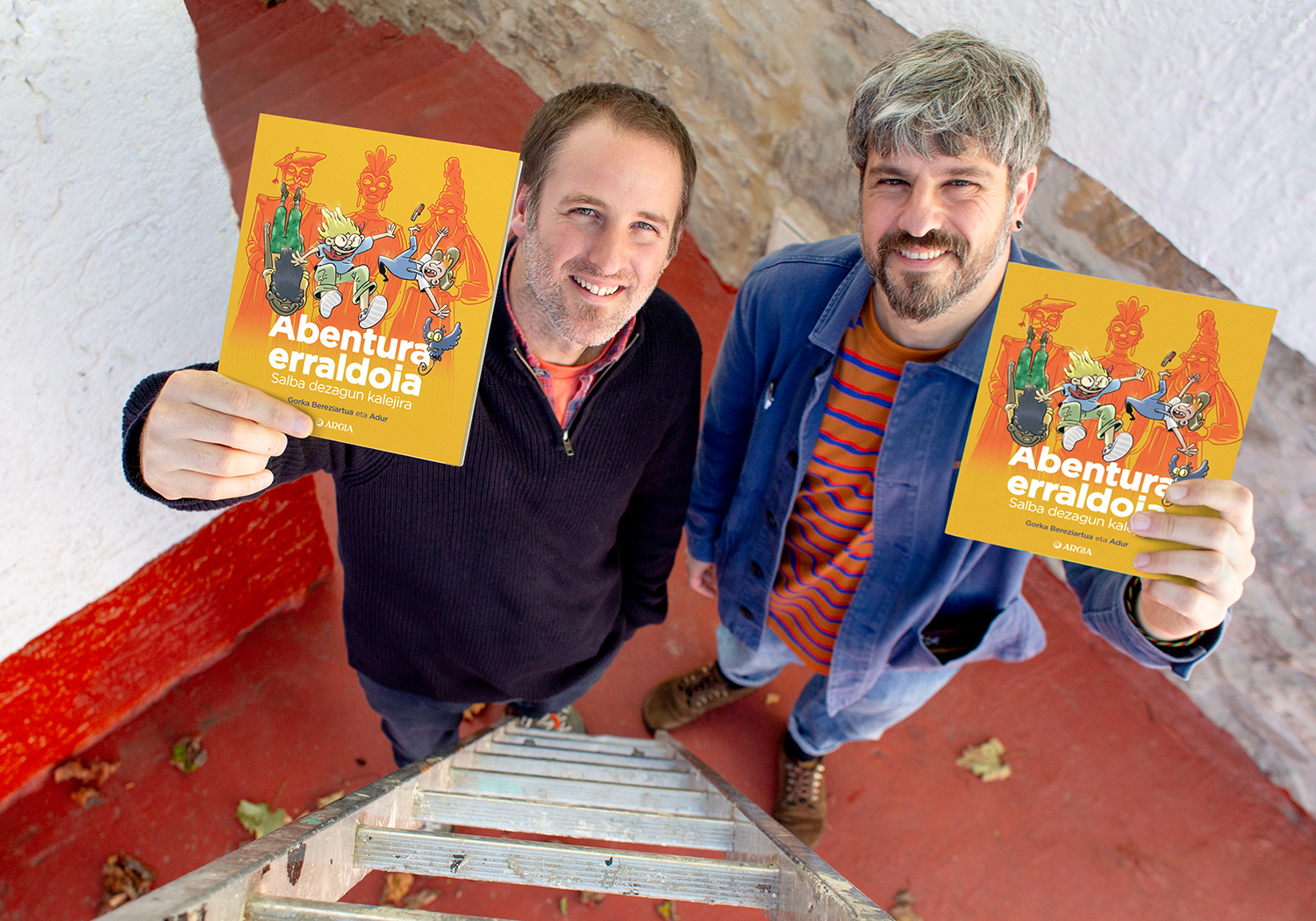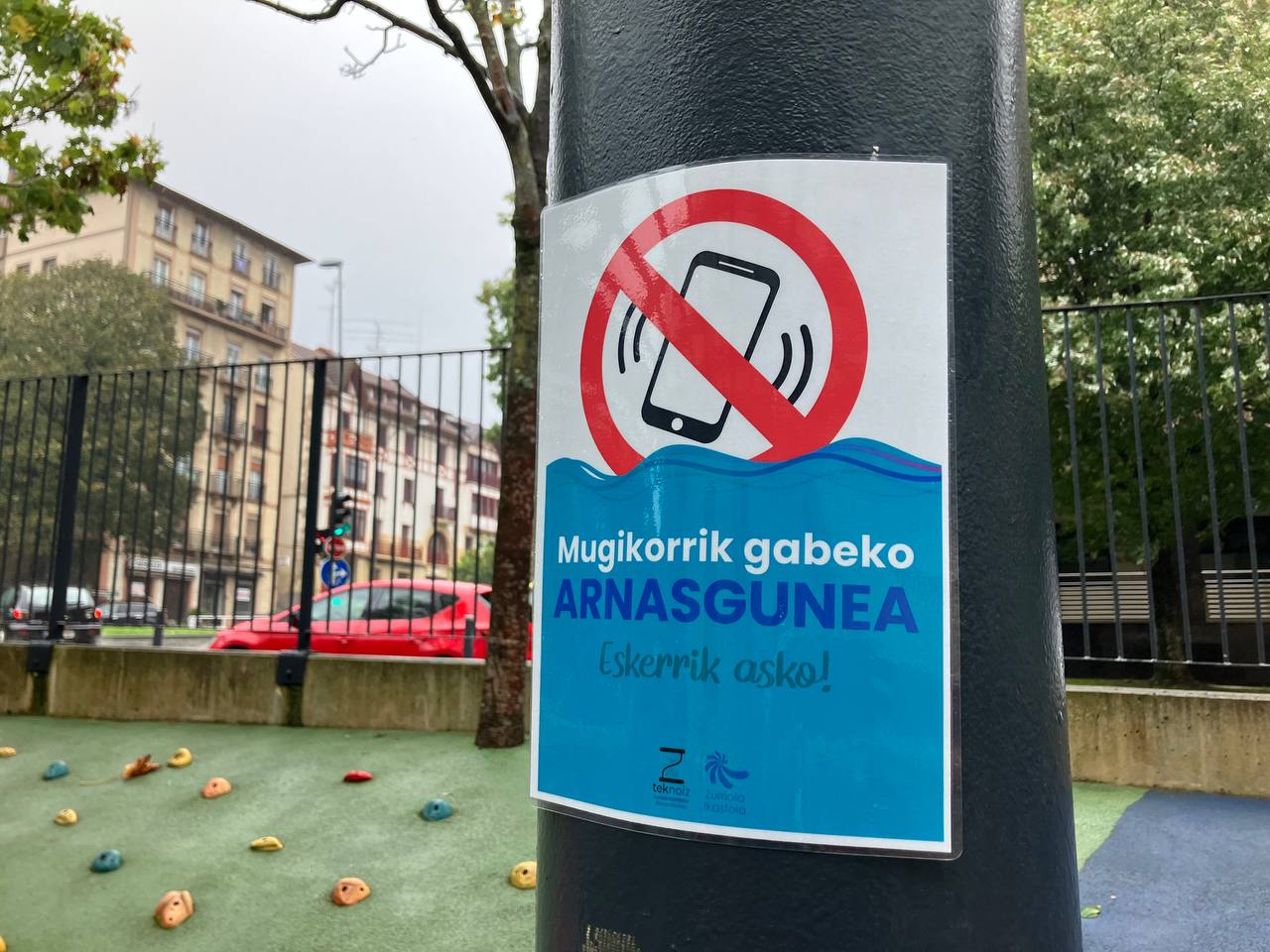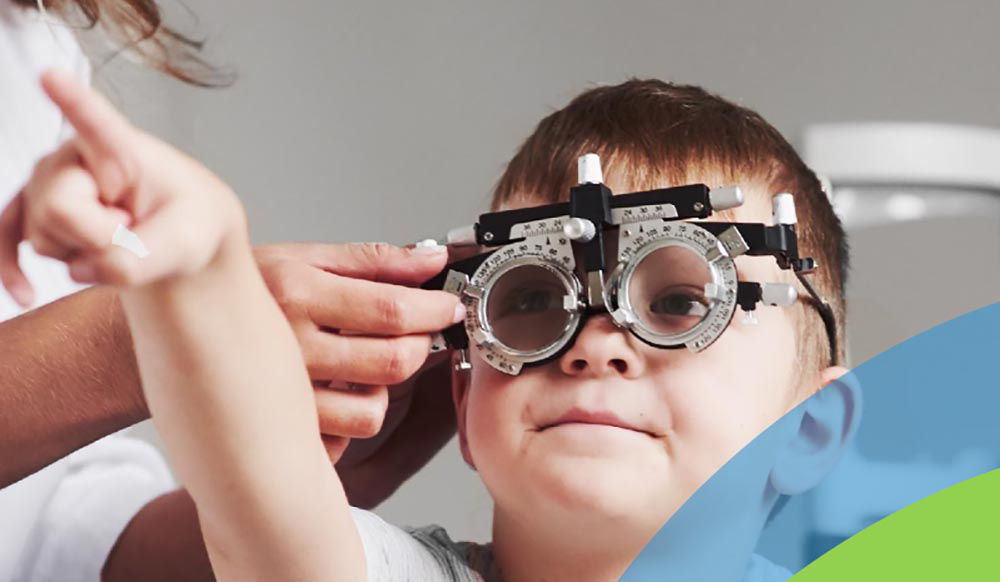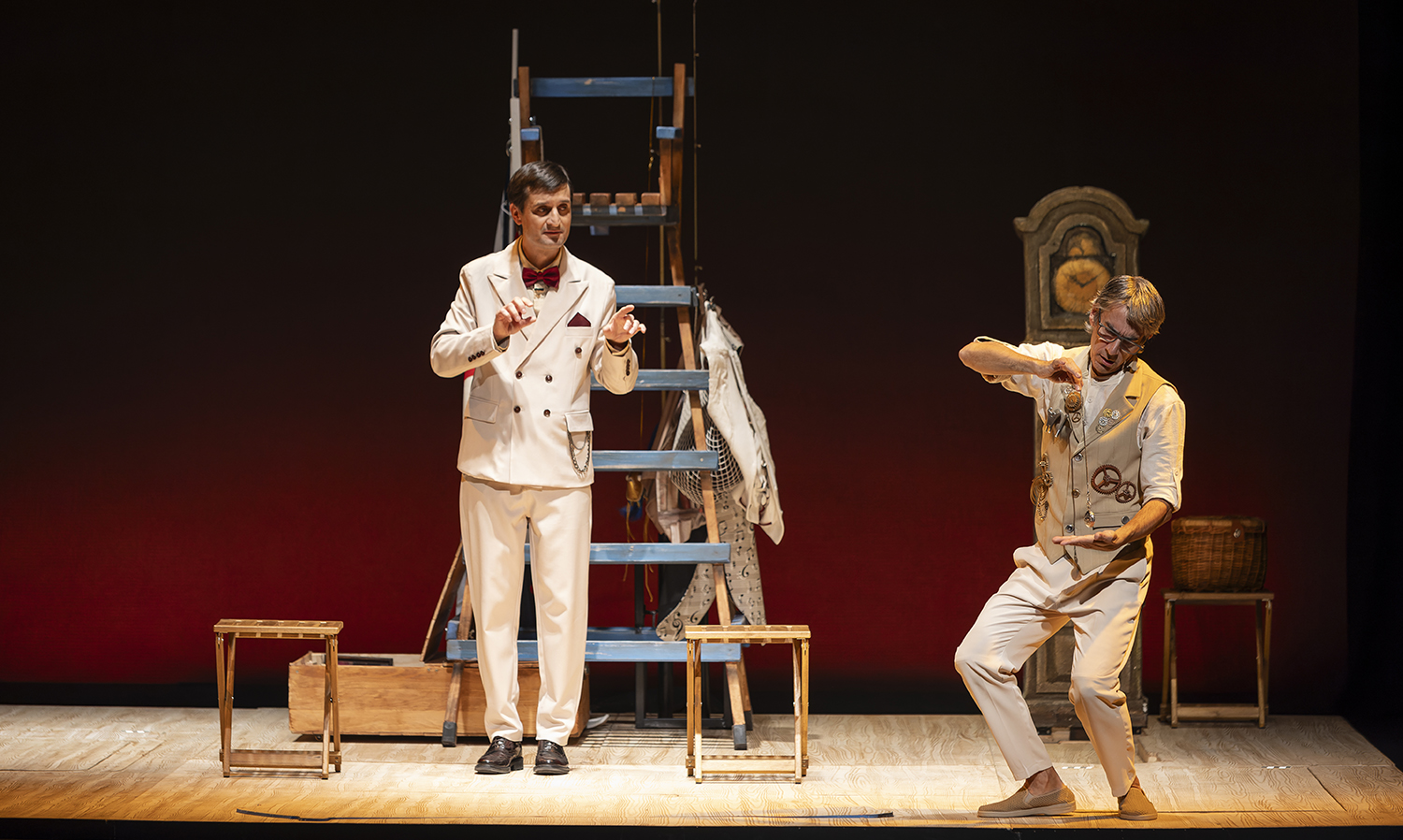Play, enjoy, grow
- Working group of Popular Educator in the development of participative, Euskaldun, educational and popular child entertainment. 2015

Leisure time multiplies in summer. And leisure, play, is fundamental in the development of boys and girls. The working group that brings together the network of public educators and thirteen agents reflects on the pedagogical leisure model in which the child is the center and protagonist. Five pamphlets that combine result, theoretical reflection and practical examples: Developing participatory, Basque, educational and popular child entertainment; How to promote the participation of children from a feminist perspective; How to make a participatory camp; How to make a participative library and New ways of life of parks.
The booklets talk about the child’s real participation, a participation from experiences and emotions, based on diversity and equality, understanding children as active and transforming subjects, “every person, child and adult is the transmitter of values”. They talk about the development of healthy relationships, collective empowerment strategies, the elaboration of leisure/colony/library models based on the local characteristics and participants, the agreement of standards, the taking and organization of spaces, evaluation methodologies, the role of adults, the advice to create and transform parks, how to face the fears and concerns, how boys and girls get to practice with them, the community of children and the community of the collaborative form.
Let's not get children to focus so much on activities, they say, to regain decision-making capacity, to work creativity through play. The authors are clear that: “Play is a biological necessity.”
Today, the voices of women and children remain within a culture that delegitimizes their voices, silencing their experiences, within a system aimed at minimizing or ignoring their basic rights and needs. A media example of this problem is the case of Juana Rivas, but her story... [+]









